This page provides information on Language Education Policies for numerous countries.
Search the site
No one would dispute that South African schools are performing below expectations. Diagnosis of the reasons for the inefficiency of South African schools, compared with more poorly resourced systems in the Southern and Eastern African subcontinent, is the first step to improving the quality of learning outcomes.
In 2017, the Department of Basic Education (DBE) said that 27% of public schools nationally are implementing the Incremental Introduction of African Languages (IIAL) in Grades 1 and 2 in 2017 despite challenges, which included an inadequate number of willing and competent teachers as well as negative attitudes and misconceptions about African languages being inferior in the global scheme.
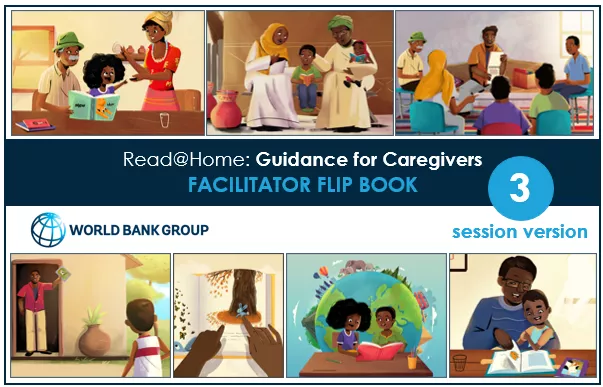

This flip book is designed to be used over three meetings with caregivers, with content divided into three sessions.
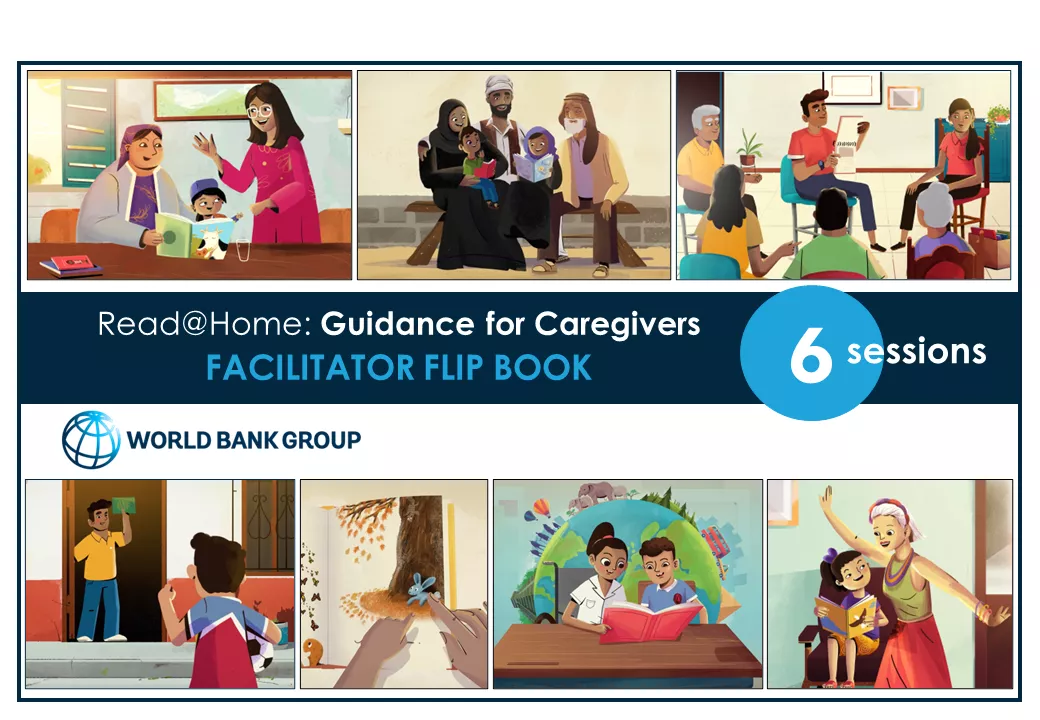

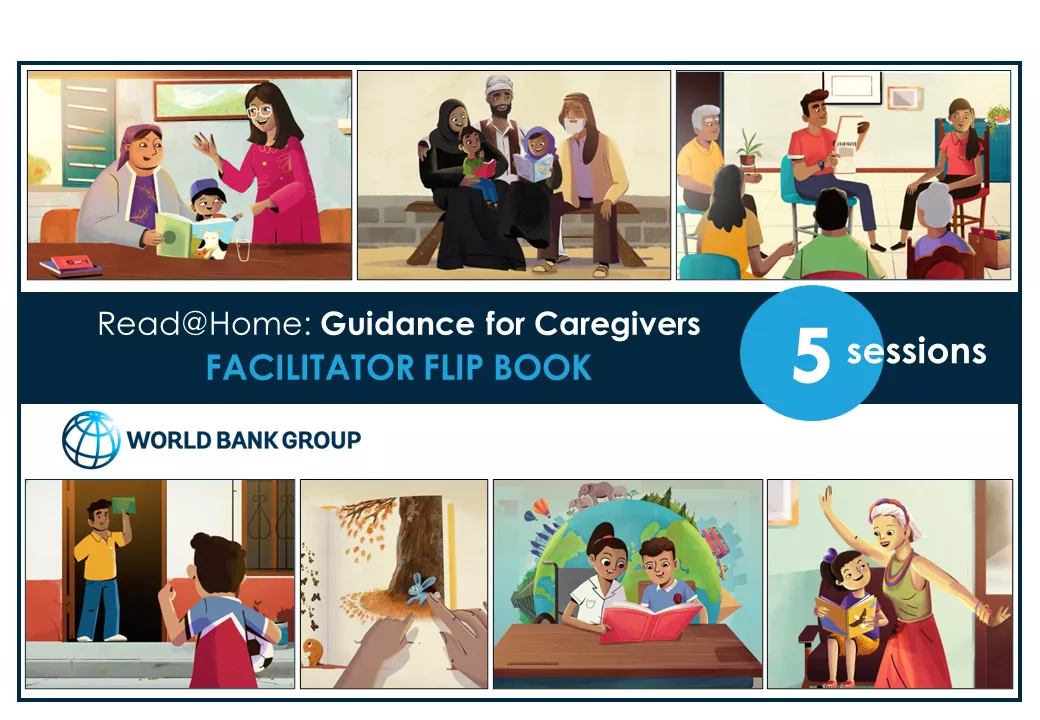

This manual aims to provide practical guidance on the identification and selection of quality children’s reading materials for home use, and the identification or design of accompanying materials for caregivers to support children’s learning. The manual is part of the Read@Home initiative, which aims to deliver reading and learning materials to hard-to-reach homes.
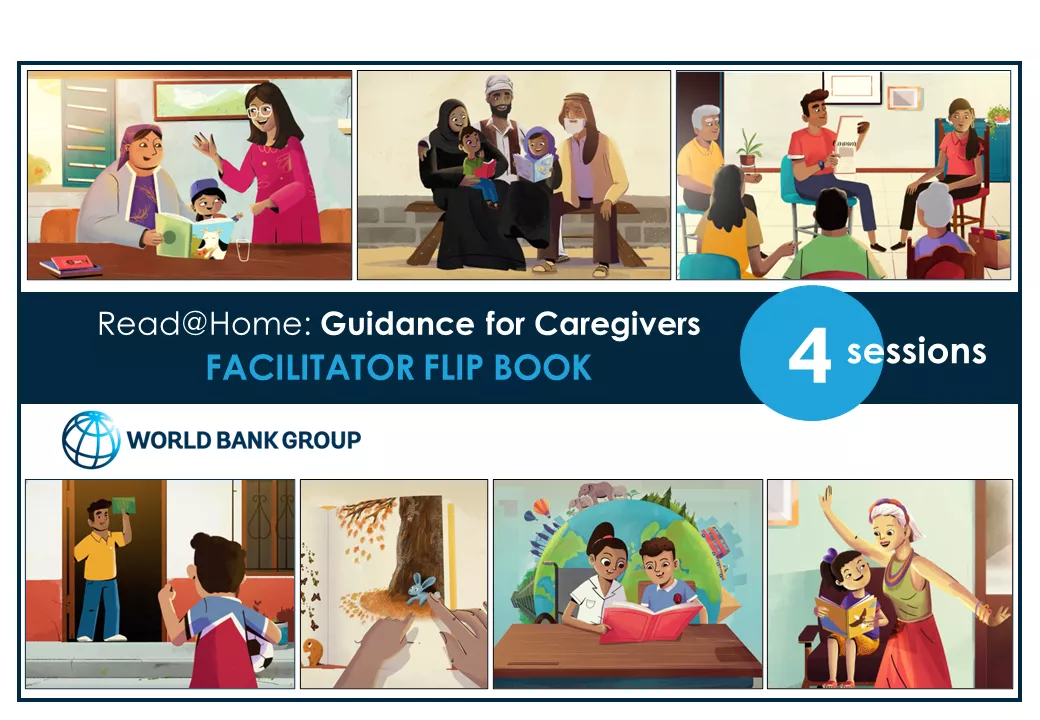

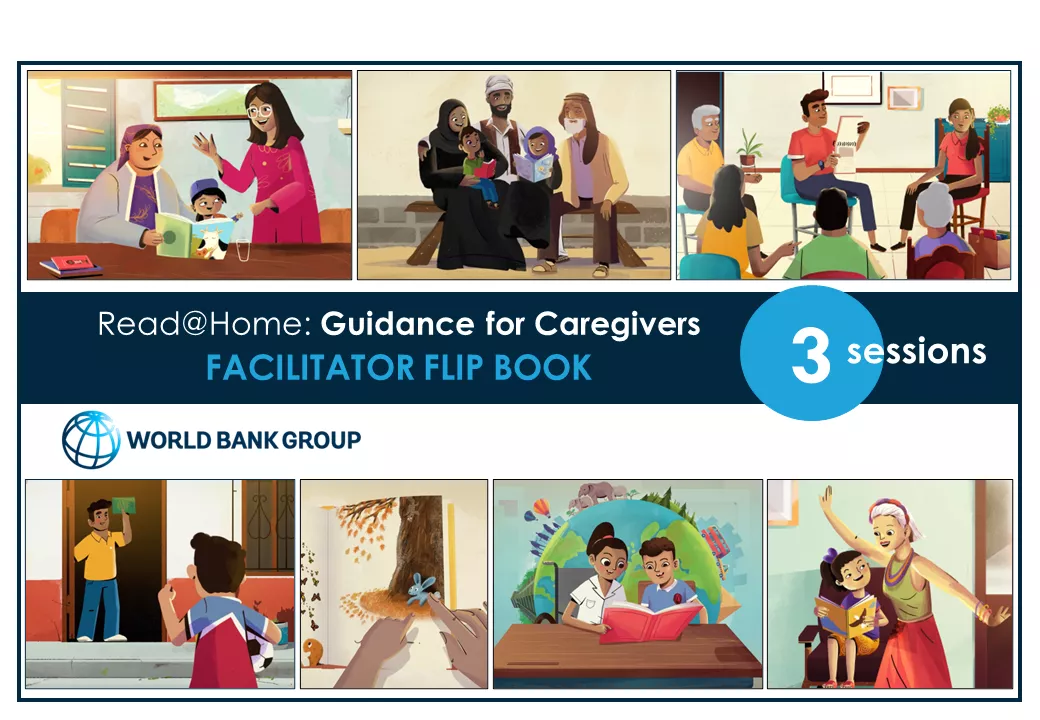

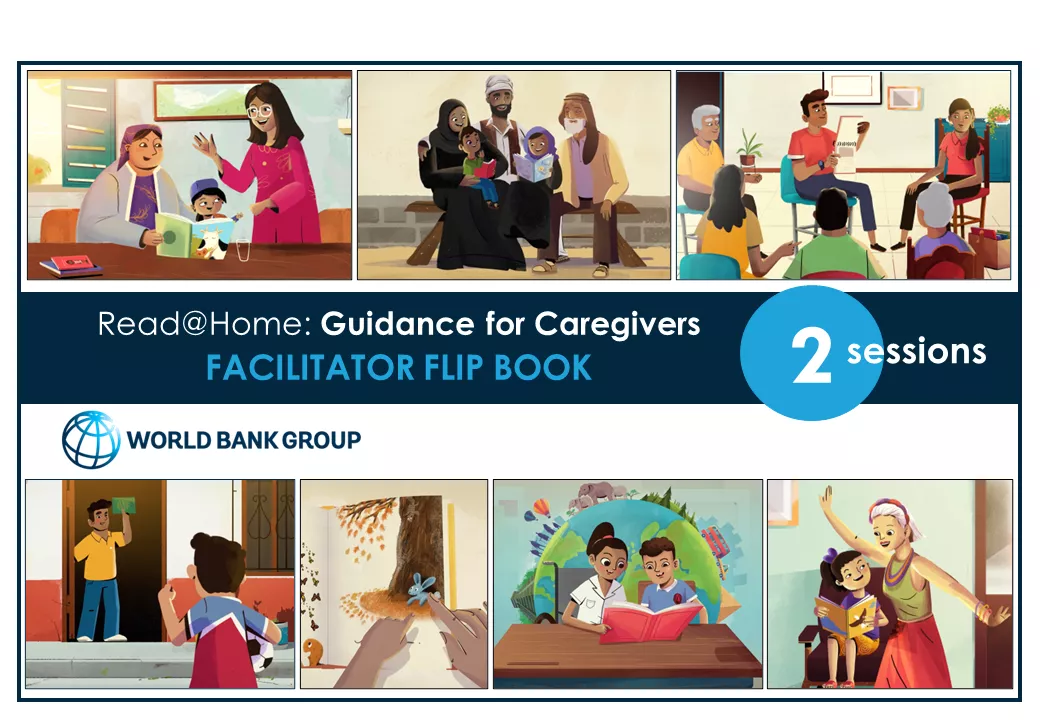

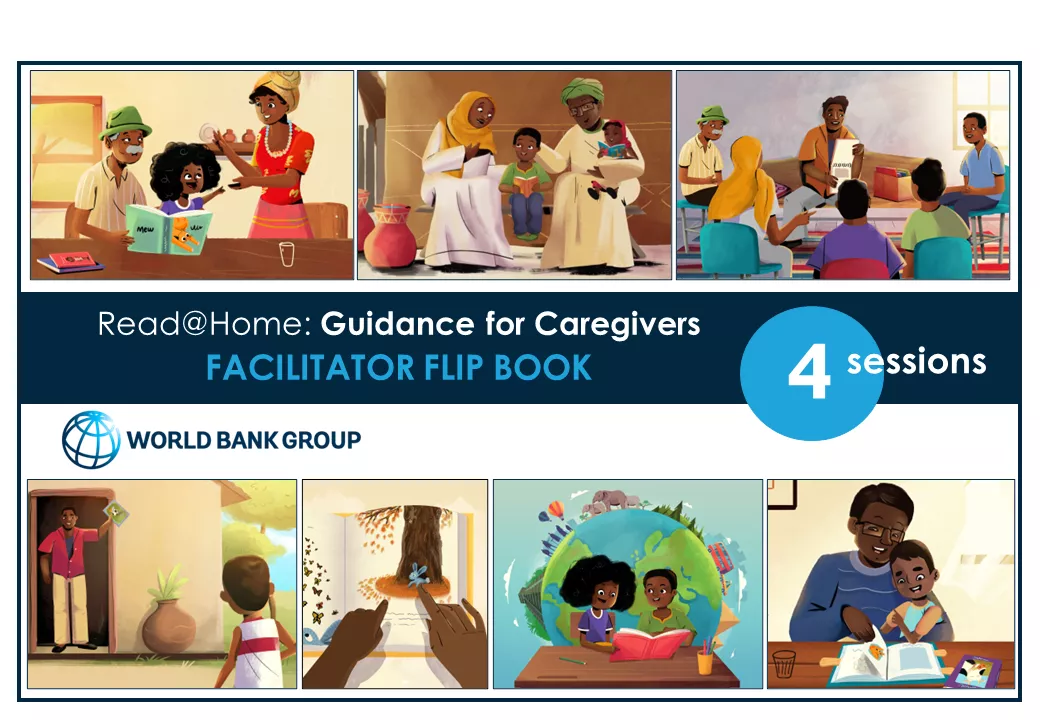

This flip book is designed to be used over three meetings with caregivers, with content divided into four sessions.
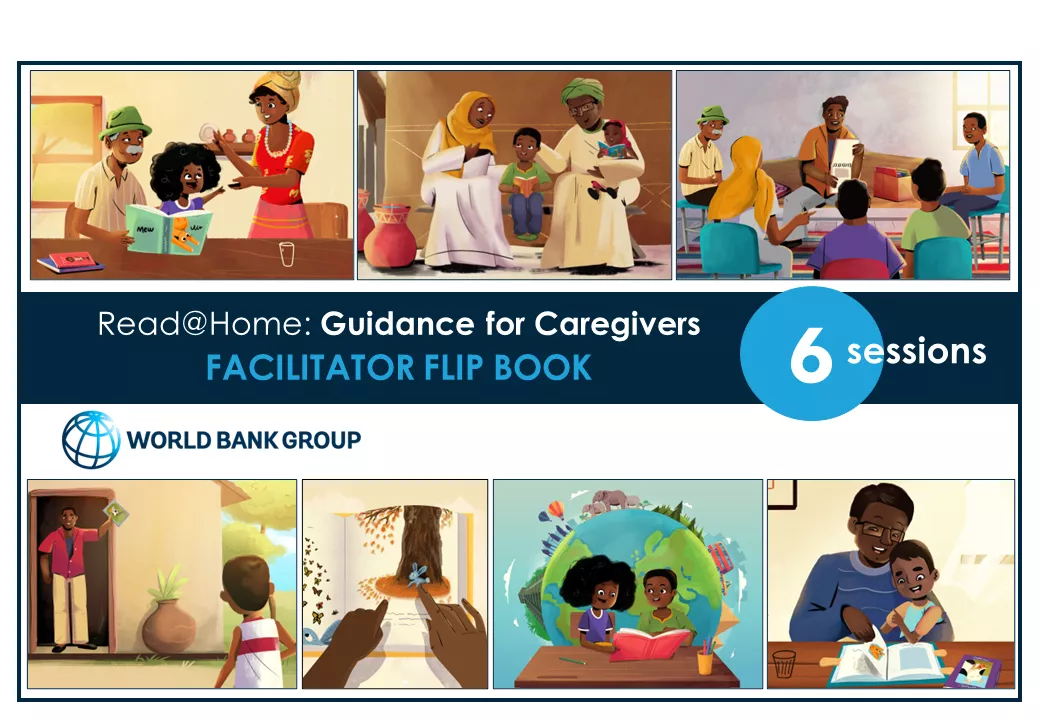

This Guide to Open Licensing in World Bank Projects provides an explanation of open licensing and how to use it in World Bank and other development projects to increase access to high-quality teaching and learning materials, including textbooks and storybooks.
The African Library and Information Associations and Institutions (AfLIA) and NBA developed a short online course for African librarians and library staff, based on the findings of a survey conducted in 2021. The main course objectives were to:




